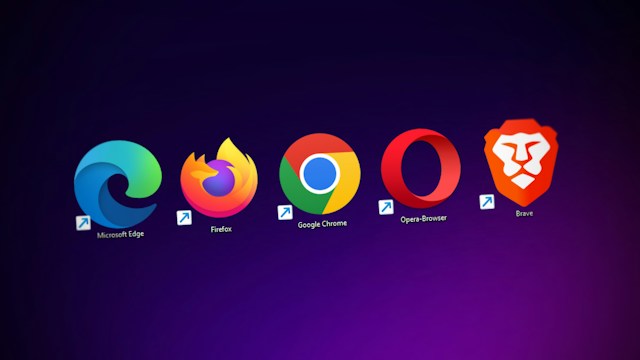Introduction
In the ever-shifting digital landscape, few platforms have endured the rollercoaster of online controversy quite like Zooqle. Once a haven for torrent enthusiasts, its name now evokes a mix of nostalgia, caution, and legal ambiguity. But what exactly is Zooqle, and what role has it played in the world of file-sharing? This article delves into the platform’s history, its functionalities, and the ongoing debate surrounding its legality and ethical implications.
From Humble Beginnings to Torrenting Titan
Zooqle’s origins trace back to 2008, emerging amidst a burgeoning torrent ecosystem. Initially, it functioned as a simple search engine, indexing existing torrents hosted on various platforms. However, its user-friendly interface and robust filtering options quickly propelled it into the spotlight. Unlike its competitors, Zooqle prioritized verified torrents, offering users a curated selection with higher quality and lower risk of malware. This focus on user safety and convenience contributed to its rapid rise in popularity.
At its peak, Zooqle boasted millions of active users and a staggering library of torrents spanning movies, music, games, and software. Its intuitive search bar, detailed file information, and community-driven reviews created a vibrant platform for torrent enthusiasts. The site even offered features like magnet links, allowing users to download files directly without needing a torrent client. This streamlined process further cemented Zooqle’s place as a go-to destination for file-sharing.
The Shadow Side: Copyright Concerns and Legal Battles
However, Zooqle’s meteoric rise was not without its dark clouds. The platform’s very function revolved around facilitating the distribution of copyrighted material, raising eyebrows among content creators and copyright holders. This inherent legal ambiguity led to numerous takedown requests and lawsuits. In response, Zooqle implemented a content removal system, complying with legal demands to delete infringing torrents.
Despite these efforts, the platform continued to face legal scrutiny. In 2016, authorities in the United Kingdom blocked access to Zooqle, citing its facilitation of copyright infringement. While the site remained accessible through alternative means, the incident marked a turning point in its trajectory. The uncertainty surrounding its legal status and the increasing pressure from copyright holders cast a shadow over Zooqle’s future.

The Present Landscape: Uncertain Future and Lingering Questions
Today, Zooqle’s status remains ambiguous. While the site continues to operate, its user base has dwindled significantly compared to its heyday. The legal battles and constant threat of takedowns have dampened user confidence, leading many to seek alternatives. Additionally, the rise of streaming services and legal music platforms has offered more convenient and legitimate avenues for consuming content.
Despite its diminished presence, Zooqle’s legacy remains a point of contention. Advocates argue that the platform democratized access to information and provided a valuable platform for independent creators to share their work. They point to its focus on user safety and the rigorous verification process as evidence of its commitment to responsible file-sharing.
However, critics remain unconvinced. They argue that Zooqle’s core function, facilitating the unauthorized distribution of copyrighted material, undermines the rights of creators and harms legitimate businesses. They see its demise as a necessary consequence of its disregard for copyright laws.
Conclusion
Zooqle’s story is a complex tapestry woven with threads of innovation, convenience, and legal ambiguity. While its contribution to the democratization of information is undeniable, its role in facilitating copyright infringement remains a point of contention. The platform’s uncertain future serves as a stark reminder of the ongoing struggle between access, creators’ rights, and the evolving landscape of digital ownership. For more information click here.












